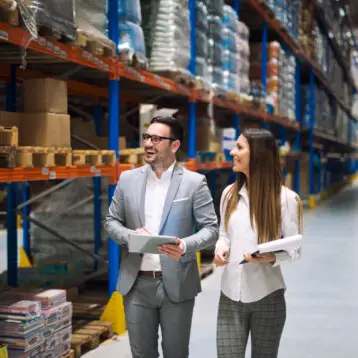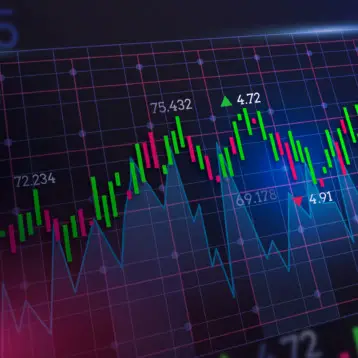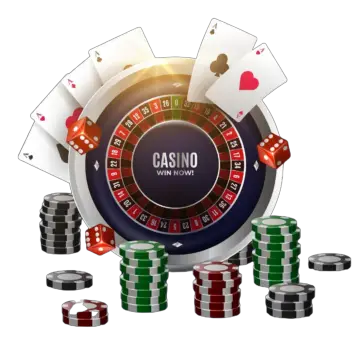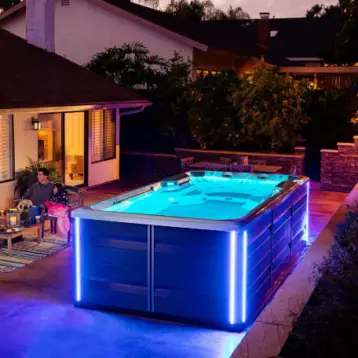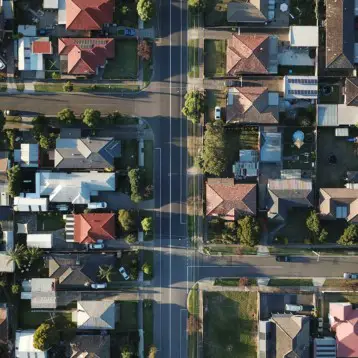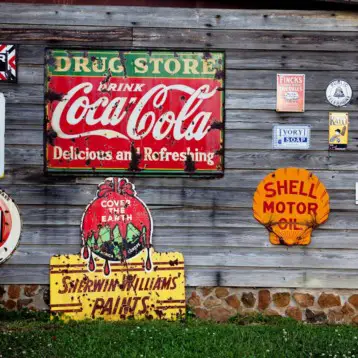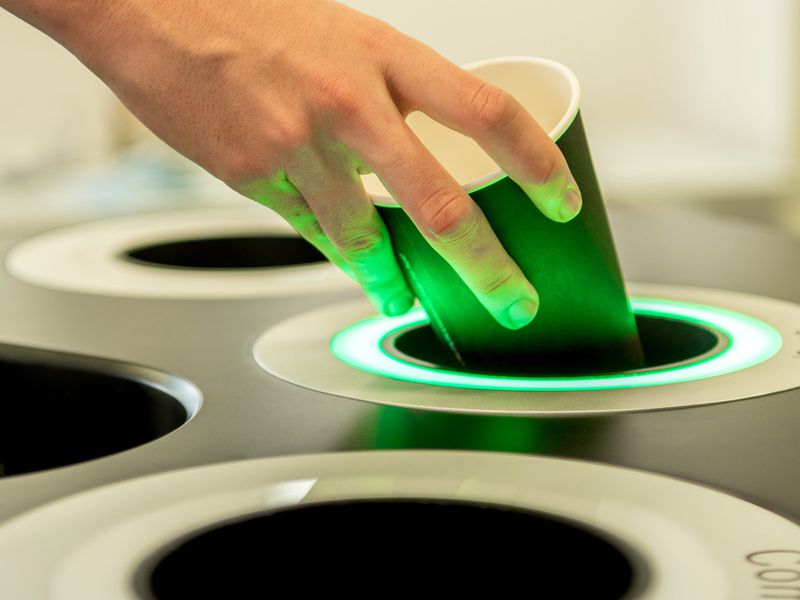
When interviewed about their recycling habits or their general opinions on recycling, most people generally agree that selective waste disposal is great for the environment and that they are doing everything they can not waste packaging. In the United States, for instance, people recycle 35% of the total amount of waste, which accounts for more than 89 million tons. Most of this is paper and cardboard, followed by plastic and electronic waste. But even though the recycling rate has been increasing, environmental agencies say that a worrying amount of the waste we generate is not disposed of responsibly and one reason for this is that people aren’t sure how to tell apart different materials. A more traditional way to solve this problem would be to focus more on recycling education and teach children from an early age where each type of waste should go, but that would take a lot of time and resources. In the meantime, the smart recycling bin can make sorting faster and easier. Currently, in the testing stage, this innovation could finally put an end to all the guessing work and would increase efficiency considerably.
Traditional recycling bins are confusing
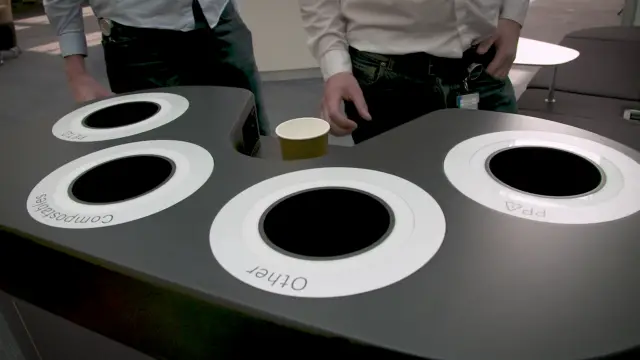
First, let’s start with the problem that smart bins try to solve: traditional waste recycling bins are confusing. Or at least, most people say they are. Sorting waste into paper, plastic, glass and electric sounds simple in theory, but not everyone can read and understand product packaging to find out where each should go. The symbols that give manufacturing information often get confused for recycling instructions and many homeowners end up recycling things in the wrong place. Take plastic bags, for example. Ideally, the best way to recycle them is to take them back to the shop, not throw them in the bin and buy new ones. Some packaging looks like plastic, but it’s actually cardboard or the other way around. And what do you do when a box contains both paper and plastic elements? Or when a plastic cup is recyclable but another one isn’t? Most just throw in it a random recycling bin, without knowing if they are right. This is where the smart recycling bin comes in.
Smart bins could increase recycling rates
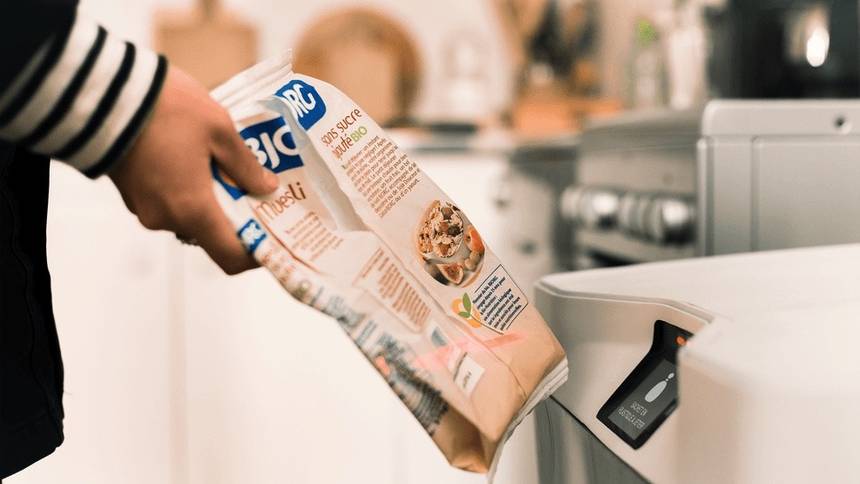
There are currently several smart recycling bin prototypes rolled out for testing, such as the BIN.E in the UK, Eugène in France or the smarter recycling system designed by Cambridge Consultants. Although there are variations in terms of design and features, the main functionality of the smart recycling bin is the same: the bin is equipped with image recognition scanners that detect the material that the object is made of and tells users what to do. The display will show what part of the waste is recyclable and where it should go. After the user throws the waste into a compartment, the smart bin will display a confirmation telling them that the waste was disposed of correctly.
The existence of these prototypes is mostly due to the implementation of artificial intelligence, so bins can be “taught” continuously what to recycle. In time, their scans become more and more accurate and they can learn to recognize new types of products and packaging.
The functionality and benefits of the smart bin could be expanded by pairing it with a downloadable app that could not only track the user’s recycling habits and make stats, but also reward responsible behavior. In the same way that people now keep pedometers on their phones to find out how many steps they took, they could have an app telling them how many pounds of waste they have recycled. It might sound odd, but the feeling of satisfaction you get when recycling something right and seeing in actual figures how you are helping the planet will motivate you to recycle more. In time, these smart bins could actually familiarize people with recyclable/non-recyclable materials, so they’ll learn which waste belongs where. When having to throw away something in a traditional recycling bin, the chances of choosing the right compartment will be higher. Selecting recycling would become more accurate, more efficient, and the benefits to the environment would be considerable.
Domestic and commercial implementation
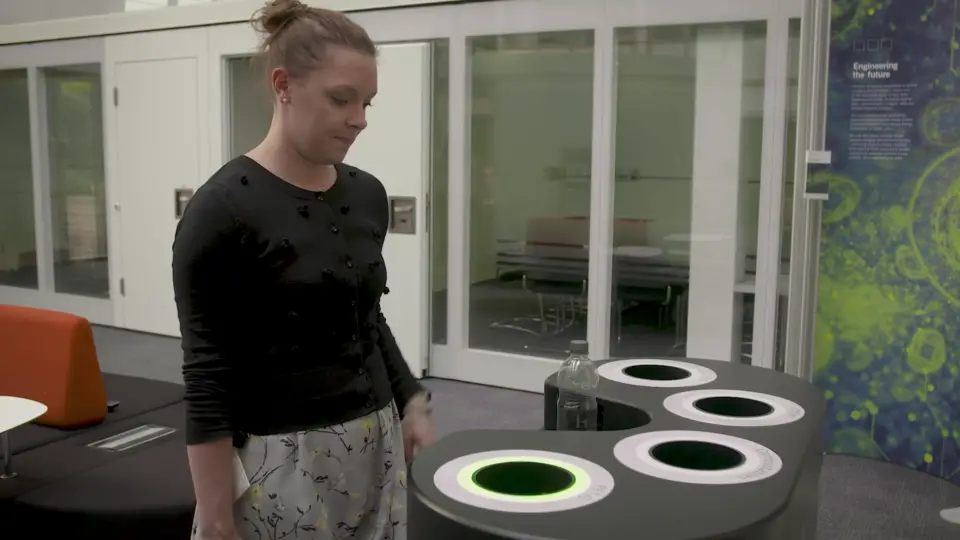
Smart bins definitely sound great, but how realistic is their implementation? From the very beginning, adoption by domestic clients is problematic. First, these smart bins are not cheap. Bin.E, for instance, will retail at £430 and that doesn’t include the fees for the smartphone app. At present, this purchase is only justifiable by homeowners who are interested in the concept of smart homes or are committed enough to the environmental awareness that they would choose the smart bin over other gadgets. However, tech analysts are optimistic. Just how Alexa seemed like it was destined for failure, but become a success, so could the smart recycling bin.
But the smart recycling bin seems like the perfect innovation for commercial spaces. Restaurants, large retailers and commercial clients, in general, are very interested in responsible waste recycling and they are usually the first to adopt new trends. Most respectable businesses have some form of recycling device on premises, whether that is a waste compactor from Mil-tek, a battery drop-off station or a liquids management plant. Businesses have much to gain from investing in green policies and the adoption of smart bins looks like the natural next step. Demonstrating environmental responsibility plays a major role in improving business reputation, not to mention that these bins create a healthier working environment.
For the first time, smart recycling bins could provide businesses with tangible financial benefits thanks to the opportunities of the bin-app connection. For example, a restaurant or coffee shop that places these bins on their premises could give small rewards to clients who use them to recycle. Whenever they dispose of a coffee cup or a cardboard lunch box they could receive points to collect and then pay for store products. For clients, the mental reward of recycling correctly would be doubled by that of saving and, for business, these bins would become a marketing tool that helps them reward customers and increase loyalty.


